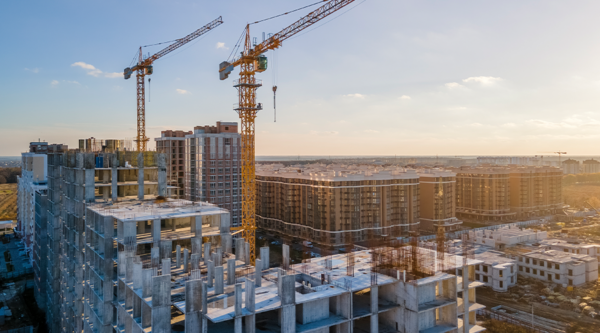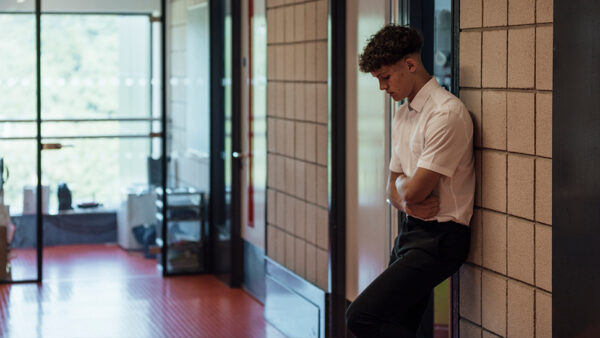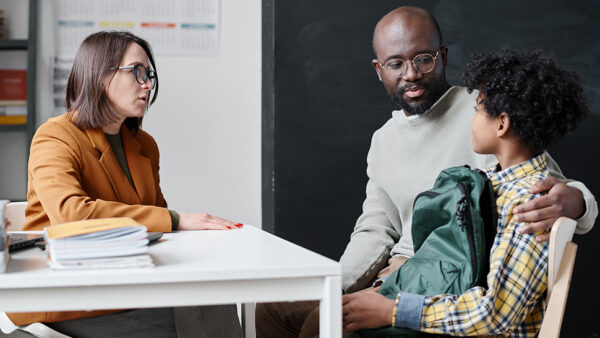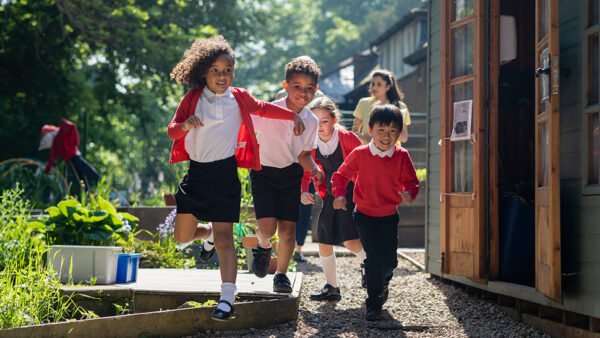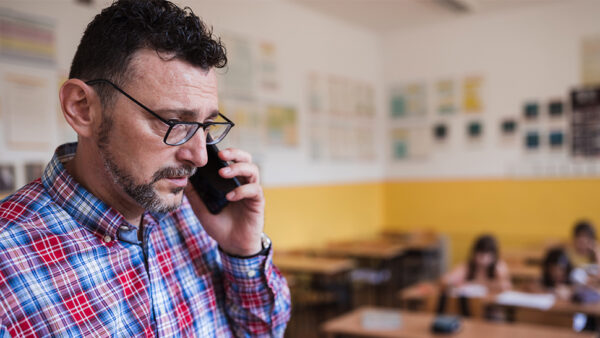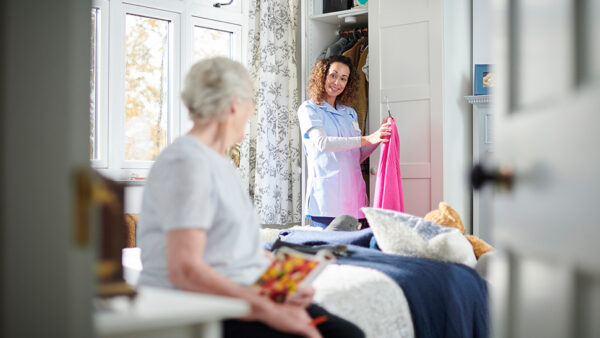
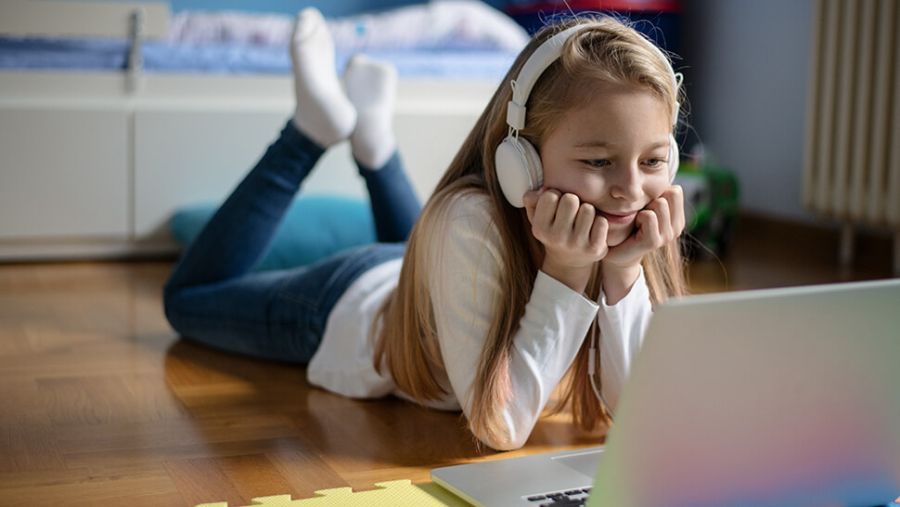
The DfE is due to publish separate guidance on providing education remotely which may address this point. The guidance is expected to set out four key areas that school leaders should consider as part of any remote learning strategy. This includes the use of technology.
In the meantime, schools should rely on the DfE’s interim Covid-19 safeguarding guidance published on Friday on 27 March. This guidance does not specifically cover recording of live sessions, but it does recognise that schools must adapt to the current situation to ensure their pupils continue to be kept safe. The guidance requires schools to update their safeguarding policies and this is likely to be by way of an annex/addendum to the safeguarding policy. Amongst other things, that annex/addendum should set out any interim arrangements in place to keep children not physically attending the school safe, especially when they are online, and how concerns about these children should be progressed.
With respect to the actual measures put in place, schools should carry out risk assessments to determine what arrangements are most appropriate for their setting to support safe remote learning, and in terms of their pastoral care to pupils. Factors to consider in these risk assessments include, for instance, the age of pupils and content of the learning, the needs of any vulnerable pupils (including those with SEND) and the risks arising from the format/type of the remote provision proposed.
The DfE’s interim safeguarding guidance refers schools to third party guidance from the UK Safe Internet Centre on safe remote learning and the London Grid for Learning on the use of videos and livestreaming. A link to the latter can be accessed here.
This guidance covers 20 safeguarding considerations for lessons by video and livestreaming. Recording a live lesson is just one of a number of measures that can be considered by schools as part of their risk assessment. Other measures can include, for example, using school registered accounts, auditing the settings on who can start or join the stream/video, conducting it in an appropriate room with appropriate clothing, and having another member of staff or adult present.
Importantly, schools will need to ensure pupils have very clear reporting routes in place so they can raise any concerns whilst online. Pupils should also be signposted to age appropriate practical support. Additionally, teaching staff should be reminded of acceptable conduct which would normally be contained in a school’s updated safeguarding policy, IT acceptable use policy and/or staff behaviour policy.
If a school decides to record live lessons following a risk assessment, it is understandable that teachers may be concerned that they could be judged or appraised on their performance. They might need reassuring on what these recordings would be used for.
Regarding data protection compliance, recording live lessons will result in schools collecting more personal data on staff and pupils, and the requirements under data protection law with respect to processing personal data will apply. For instance, schools will need to satisfy themselves that they have a lawful basis to make these recordings and this will require careful consideration. This should be documented in order to demonstrate compliance. That being said, some schools may conclude that other measures can be put in place to keep pupils safe that have less of an impact on staff and pupil privacy.
